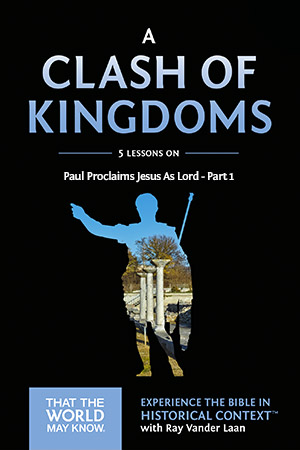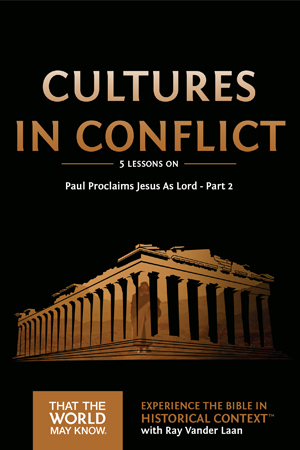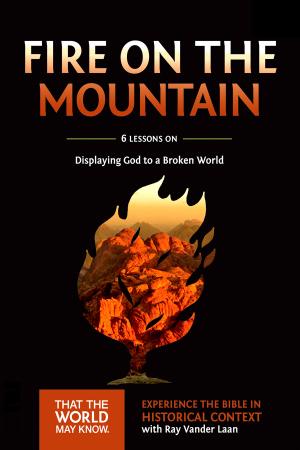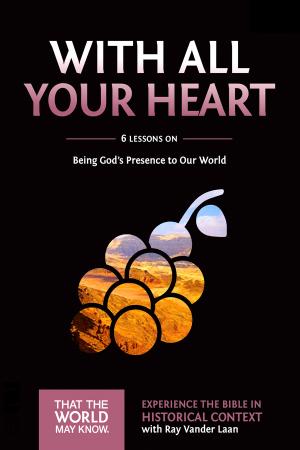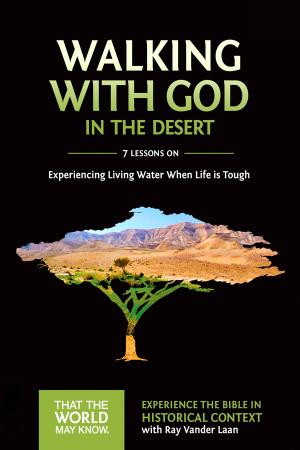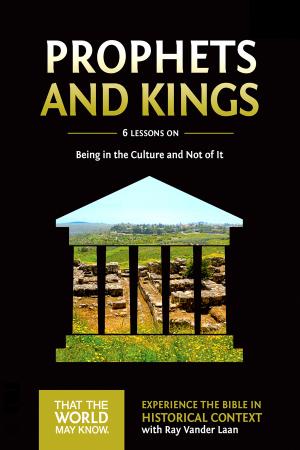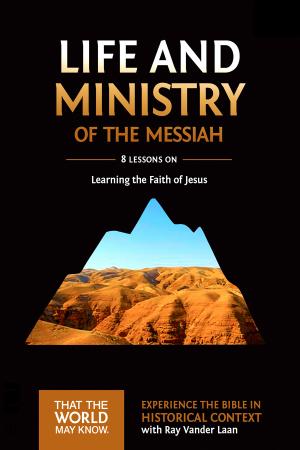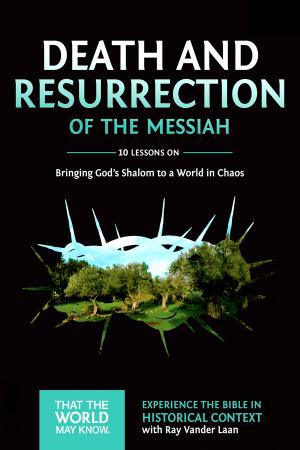
Means "weeks"; also known as Pentecost or the Feast of Weeks. It's celebrated 50 days after the Sabbath following Passover.

One day a student came to Jesus and asked, "Teacher, what is the greatest commandment?"You might recall that Jesus included "Love God" and "Love your neighbor" in his response. Do you remember, however, that Jesus ans...

ShephelahThe Hebrew Bible mentions the Shephelah several times. This word, meaning "low," is usually translated "lowlands" or "foothills." The term refers to a 12- to 15-mile-wide region in Judea. Though the Israelite...

Hebrew word for "lowlands." It refers to the area between the Judea Mountains and the coastal plain where the Israelites and Philistines met.

Adult Bedouin males usually delegated the care of flocks to young boys and girls. This responsibility was learned early in childhood. The possibility that young boys and girls were in the fields tending flocks forms a startling' contrast to the t...

Shepherding was a way of life for biblical people. Abraham, the father of the Jews, was a shepherd, as was Moses, the great lawgiver (Ex. 3:1), and David, the king who established Israel's national identity (1 Sam. 17:28).As the land was settled, ...

The Ram's HornUsed to intimidate the enemy, to declare war, and to call people to assembly, the shofar is one of the oldest wind instruments in the world.' The army of Israel marched around Jericho to the signal of the shofar (Josh. 6). Jewish t...
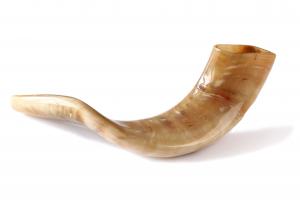
A trumpet-like instrument made of ram's horn blown by priests to announce sacred events such as time of sacrifice.

An extremist sect of the Zealots heavily involved in the First Jewish Revolt. They were named after their short, curved dagger (sica), which they used to assassinate Romans and Jewish collaborators.

After workers built the tunnel of Hezekiah, they carved a description of its creation in the stone roof. The inscription tells how two teams of workers, digging from opposite directions, met in the middle. It is unusual because the story is told f...

Peninsula south of Israel. Mount Sinai, where Moses received the Ten Commandments, may be located here. The Israelites wandered here for 40 years.

Synonym for being a ruler, judge, or official, because the gate compartments functioned as courthouses.
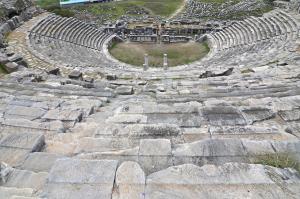
Stage of Roman theater.

City near the southern end of the Dead Sea that was destroyed by God because of its wickedness, which included oppression of the poor.

Solomon was the wisest king of all, and he accomplished many great things, including the construction of the temple in Jerusalem.Yet the Bible judges Solomon by God's standards. The wisest human ruler who ever lived broke almost every command God ...

The wisest king of all, and accomplished many great things (including the construction of the Temple in Jerusalem), but broke almost every command God gave for a king.'

On Tel Gezer, archaeologists have uncovered the remains of a huge, six-chambered gate complex, dating to Solomon's time (920 BC). This once huge gate complex stands only 4-5 feet tall today.With the street pavement partially gone, one can see the ...

Solomon's TempleConstruction of Solomon's Temple began about 950 BC on the Mount Moriah site chosen by David at God's leading. The temple sat on a high point of the ridge known as David's City, just north of the original city.Construction of this ...

Sons of LightIn Jesus' time, there were four major religious groups (or "philosophies," as Josephus, the Jewish historian of the time, called them). They were the Zealots, the Sadducees, the Pharisees, and the Essenes. It is impossible t...

Name the Essenes gave themselves as followers of God. Their enemies (Romans and the apostate priesthood in Jerusalem), in their opinion, were the sons of darkness. The New Testament uses this language also (1 Thess. 5:5).

The Soreq was a five-foot-tall stone wall that surrounded the inner courts of the consecrated temple area and was designed to keep Gentiles and their "unacceptable" people out of the inner courts. Gentiles could not pass the Soreq on pai...

Valley linking the coastal plain and the Judea Mountains through the Shephelah. Samson lived here.

The SoreqThe Soreq was a five-foot-tall stone wall that surrounded the inner courts of the consecrated temple area and was designed to keep Gentiles and other "unacceptable" people out of the inner courts. Gentiles could not pass the Sor...

This wall, located on the southern side of Jerusalem, was more than 900 feet long and more than 150 feet high. Pilgrims entered the temple primarily through this entrance%u2014the Double Gates%u2014after climbing the Southern Stairs%u2014a broad s...
